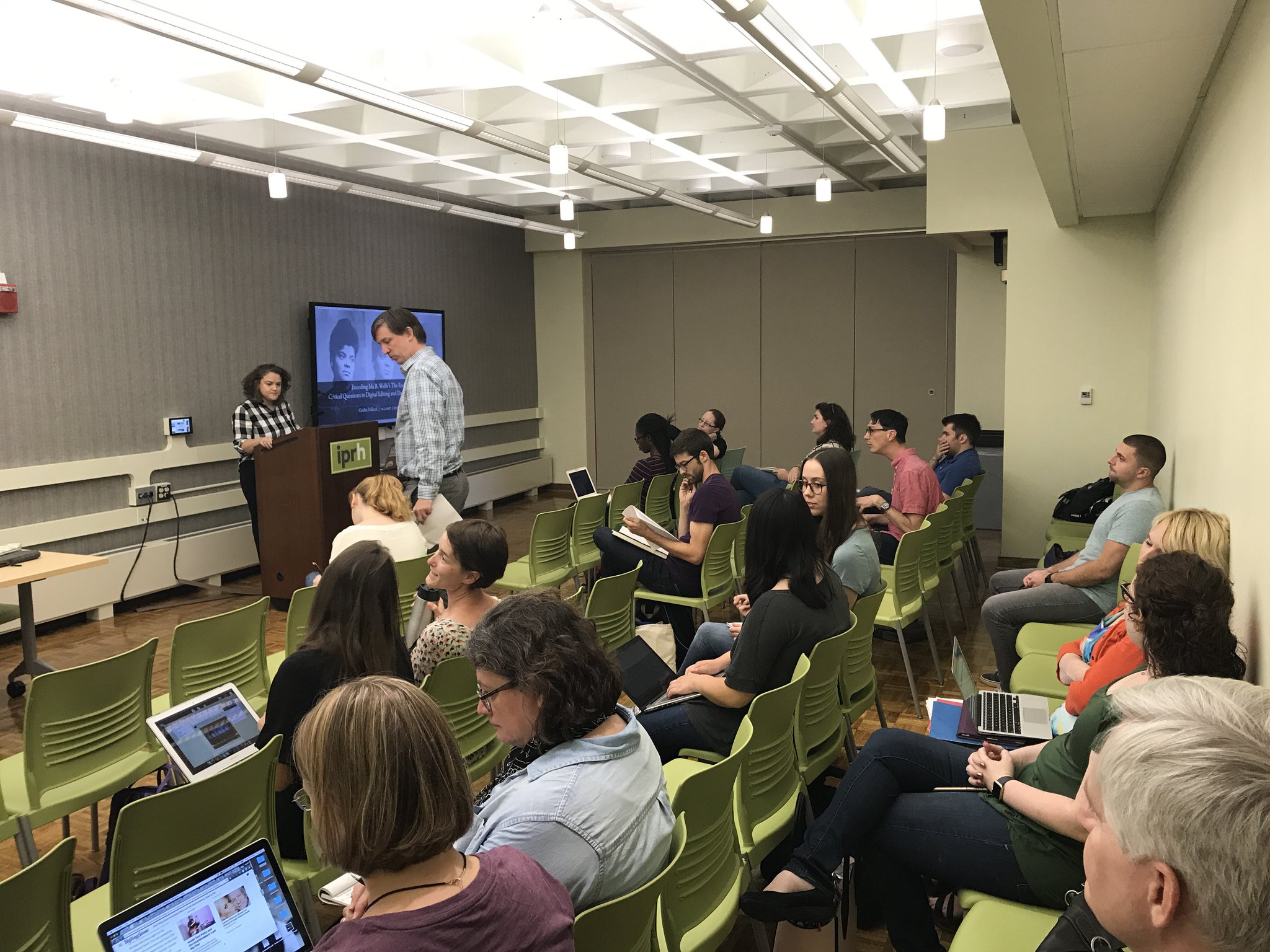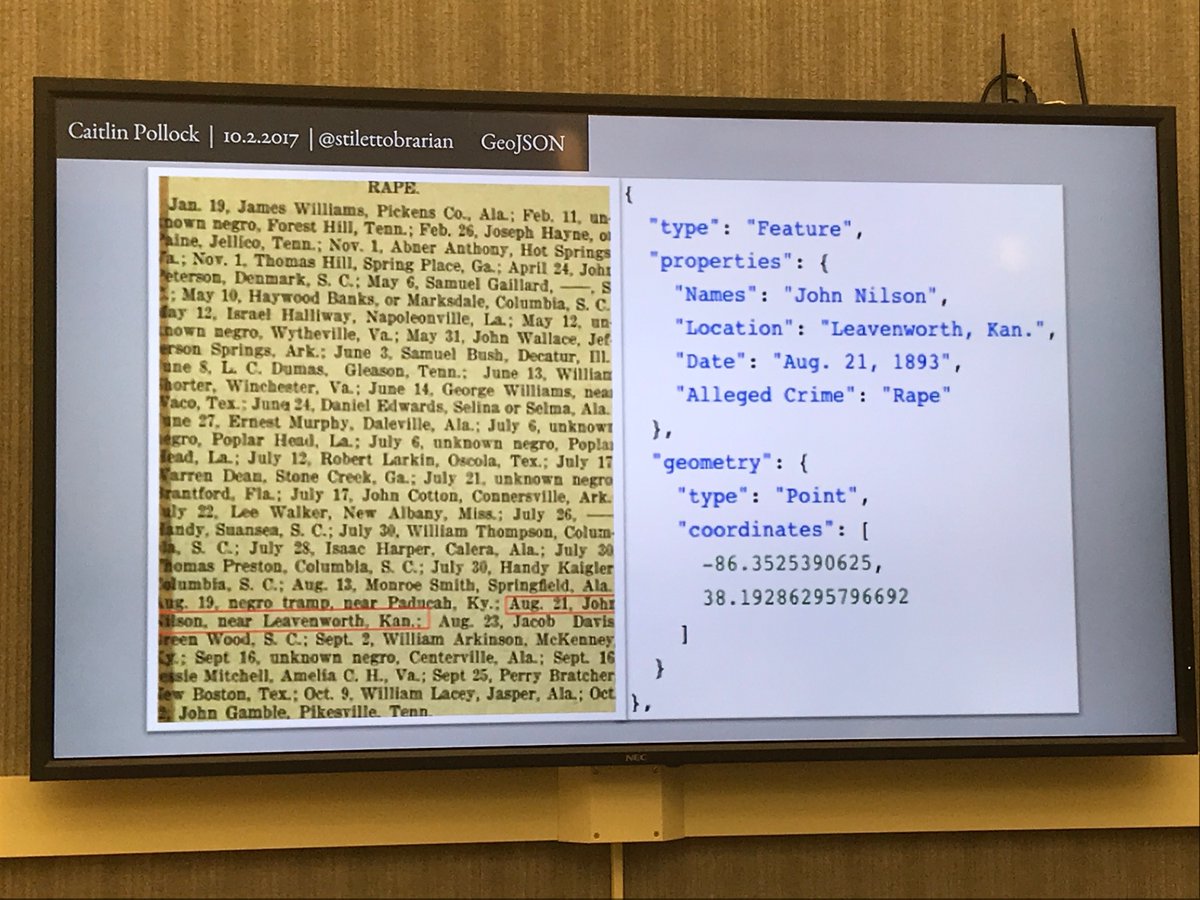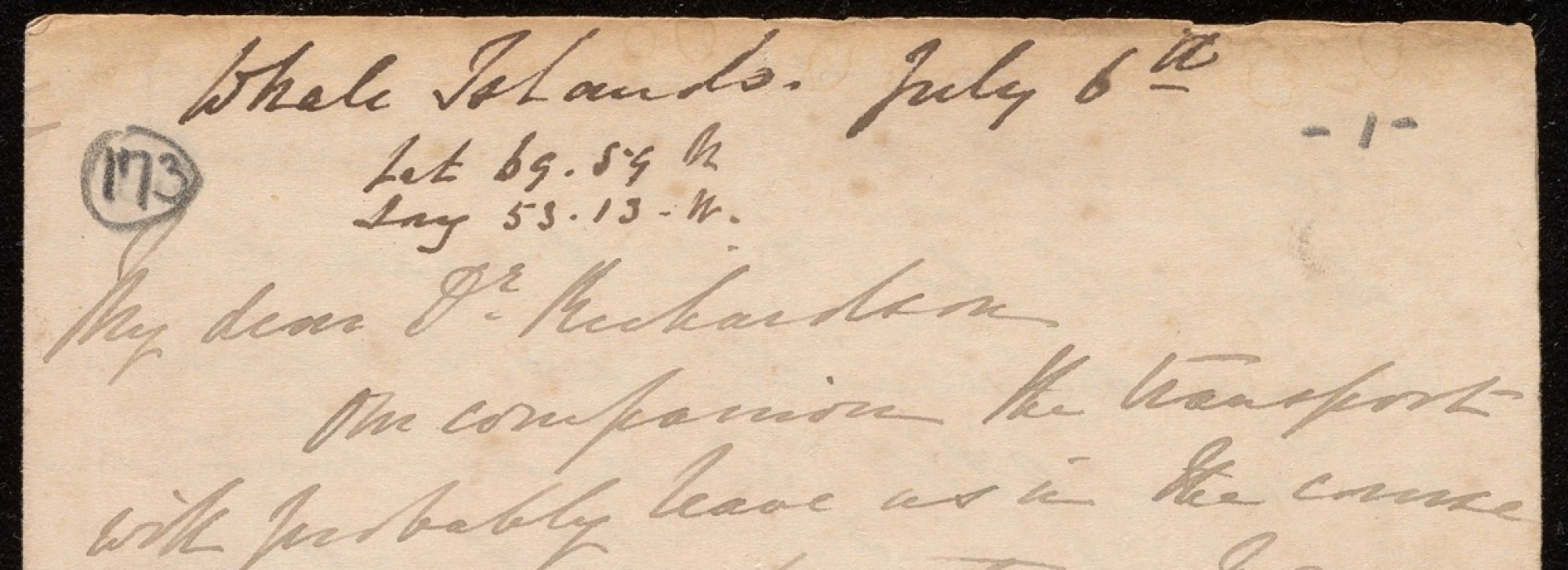
On Monday, SourceLab welcomed Caitlin Pollock, Digital Humanities Librarian at the Center for Digital Scholarship at IUPUI. Pollock’s talk, “Encoding Ida B. Wells’s The Red Record: Critical Questions in Digital Editing and Data Curation of Violence,” posed several crucial questions about the role of digital scholarship and the digital humanities more broadly in regards to race, racial violence, and systemic racism. How does you document violence, and importantly how do you identify it and show it?

Pollock noted, “The scope of the project is on the activism of Ida B. Wells and the work of data mining, not on the gaze of lynching.” How do digital humanitarians document violence without reproducing it? This challenge raised vital questions about digitization. Since digitization does not in itself solve interpretive problems, but rather provides an opportunity to either conceal them or force them out into the open. Digital humanitarians must grabble with the varied and layered processes undertaken to produce any project and the multiple negotiations made along the way. Pressingly, Pollock’s talk asked our instruction in digital practice makes people encourages reflection, or defeats it.
We thank everyone who attended and invite you all to our next talk, “How to Edit When the World is Burning,”on November 13 given by Amanda Gailey, Associate Professor of English, Center for Digital Research in the Humanities (University of Nebraska-Lincoln).
